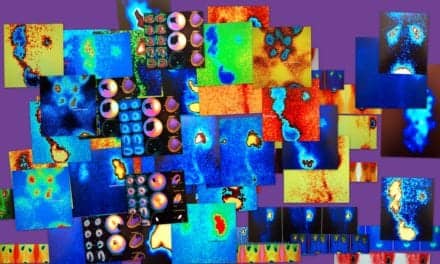The Radiological Society of North America (RSNA) COVID-19 Task Force has published a guidance document on best practices for radiology departments during the COVID-19 outbreak. “RSNA COVID-19 Task Force: Best Practices for Radiology Departments during COVID-19” aims to protect healthcare workers and the general public from COVID-19 exposure and spread, while maintaining critical radiology functions and preserving personal protective equipment (PPE) and other critical care resources during the pandemic.
For radiology departments to be suitably prepared during this outbreak, they must enact policies and procedures that allow continued operation during an extreme healthcare emergency, assist in the care of patients with COVID-19, and maintain radiology support for the entirety of the hospital and health system.
“The RSNA COVID-19 Task Force has developed these best practice insights to help guide radiology groups through the COVID-19 pandemic, providing tools and information to help them best care for their patients in an efficient manner, while protecting their patients and healthcare workers from potential exposures,” says task force chair Mahmud Mossa-Basha, MD, from the University of Washington Medical Center.
The guidance document covers such areas as suspected or confirmed COVID-19 case precautions and procedures, COVID-19 screening, PPE for staff, post-imaging room cleaning, chest imaging, elective imaging, pregnancy, social distancing, meetings and workflows, and staff engagement and well-being.
The authors also advise that radiology departments consider formation of a crisis management team with standing meetings to assess the situation and adapt staffing and other approaches as needed.
RSNA is committed to providing trusted resources to the radiology community as they prepare for and manage patient surges caused by the spread of COVID-19. RSNA established the COVID-19 Task Force to lead RSNA’s efforts in educating radiologists and healthcare professionals about the impact of COVID-19 and develop needed tools to help radiology departments handle the crisis.
“In these unusual times, it is more important than ever that the radiology community work together,” says Bruce G. Haffty, MD, RSNA chairman of the board. “In order to quickly develop the resources most needed by our members and healthcare professionals around the world, the RSNA board gathered leaders with the particular expertise and experience to help our colleagues manage this crisis.”
RSNA has also created an online community specifically for COVID-19 discussions, where after establishing a free RSNA account, healthcare professionals can ask questions, share ideas, get peer-to-peer support. and discover lessons learned.
Read the best practices guidelines from the RSNA.






